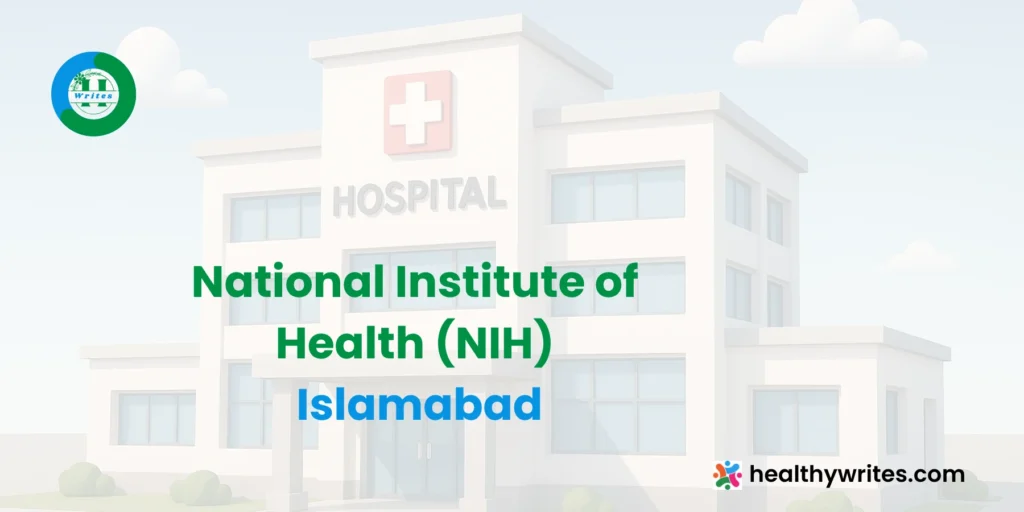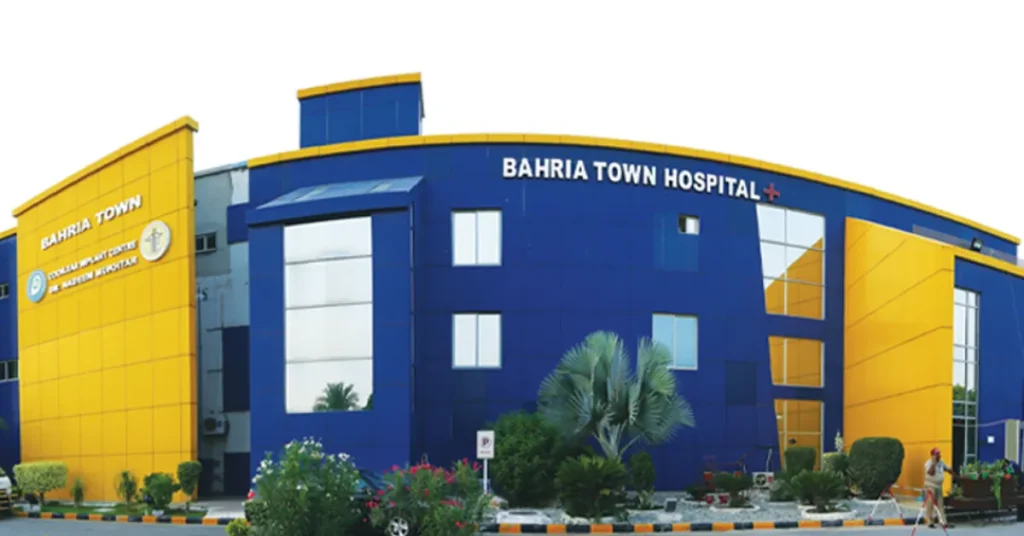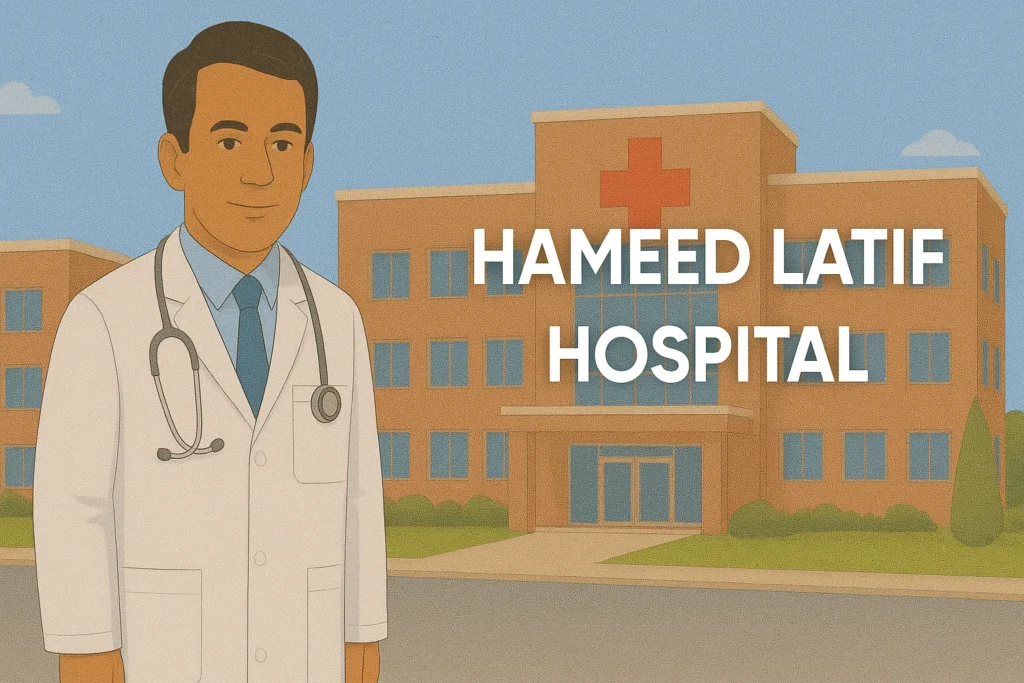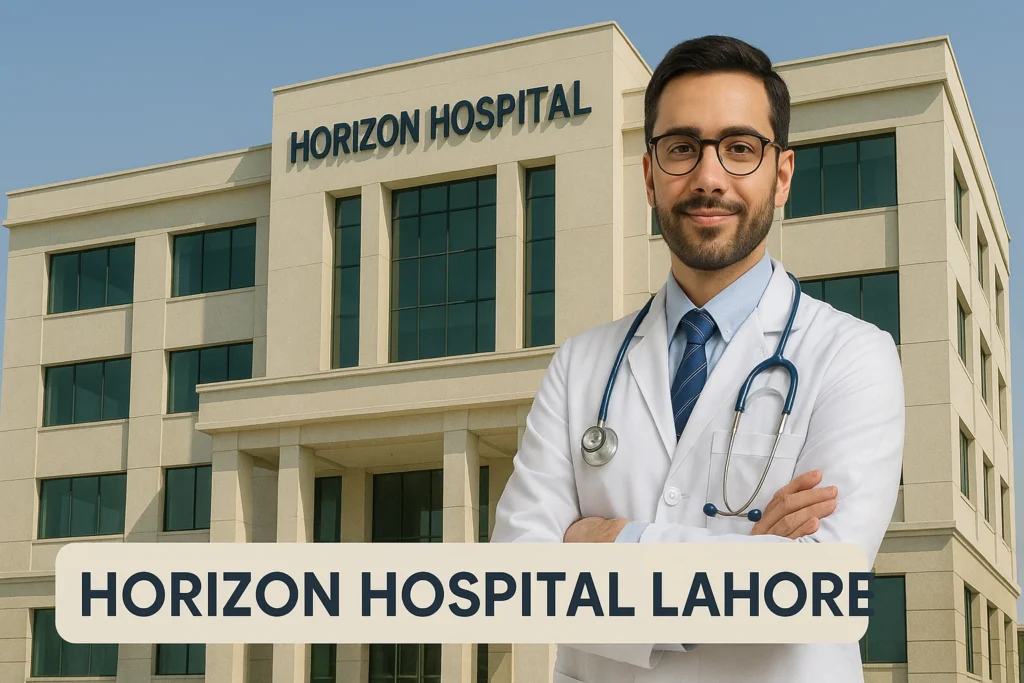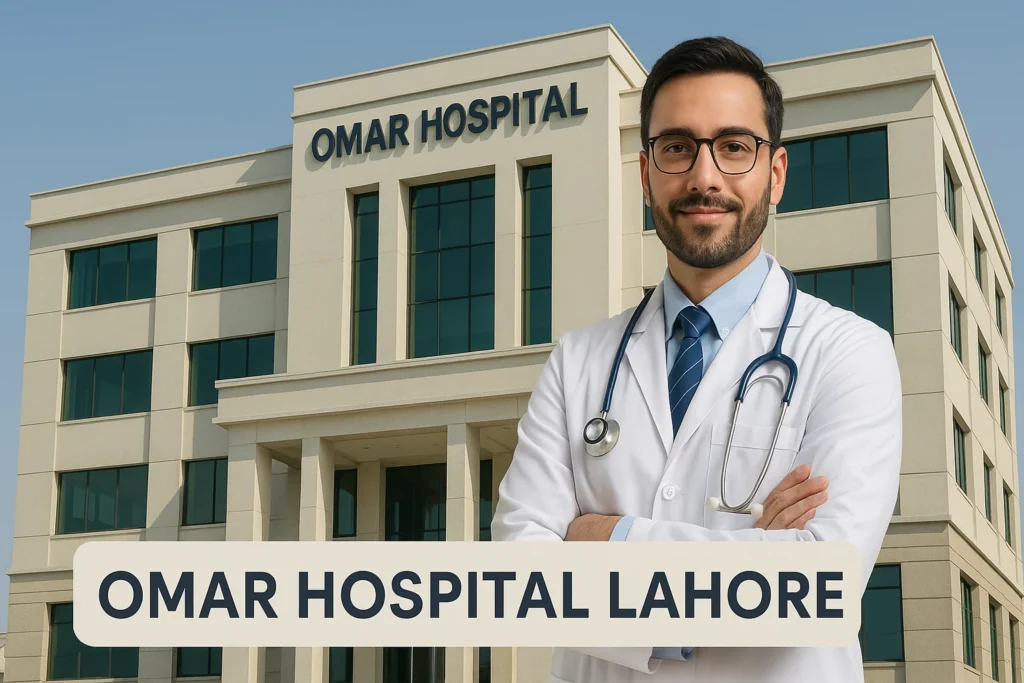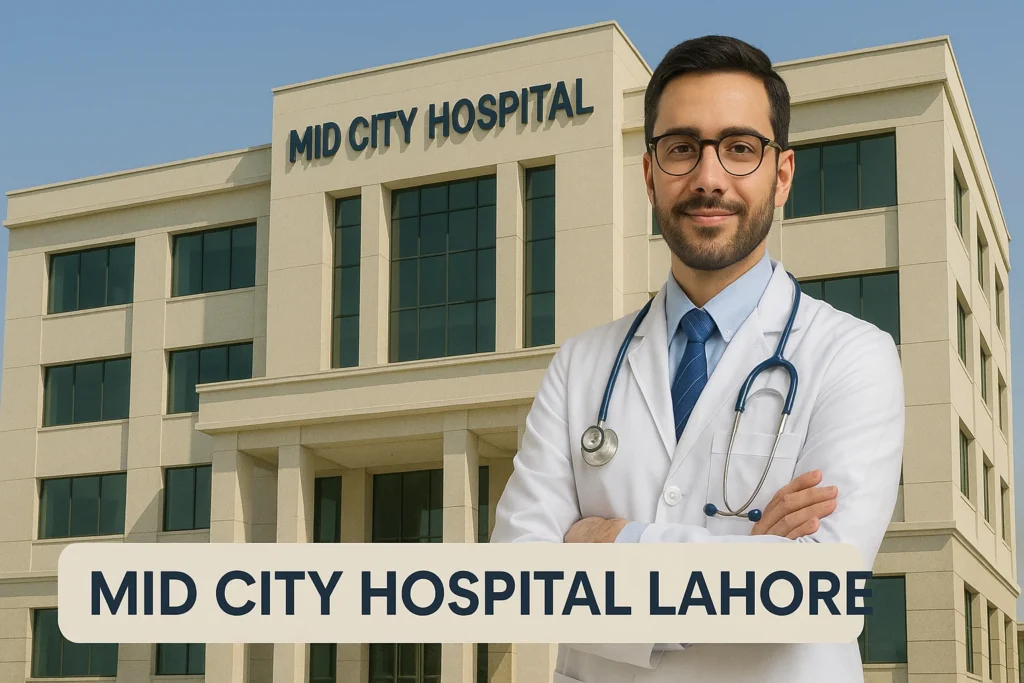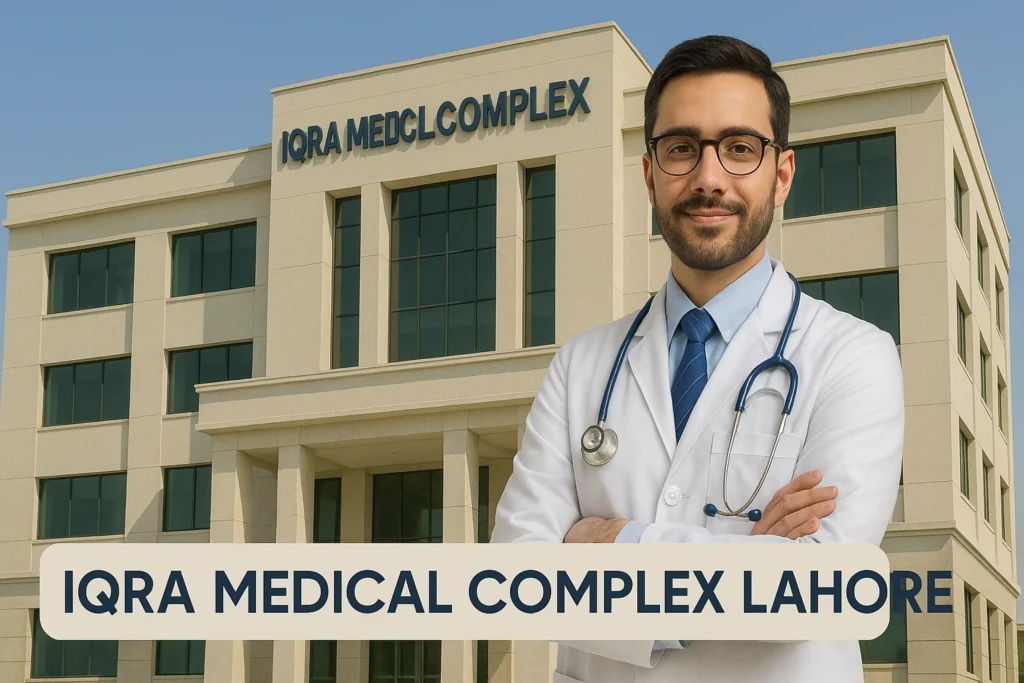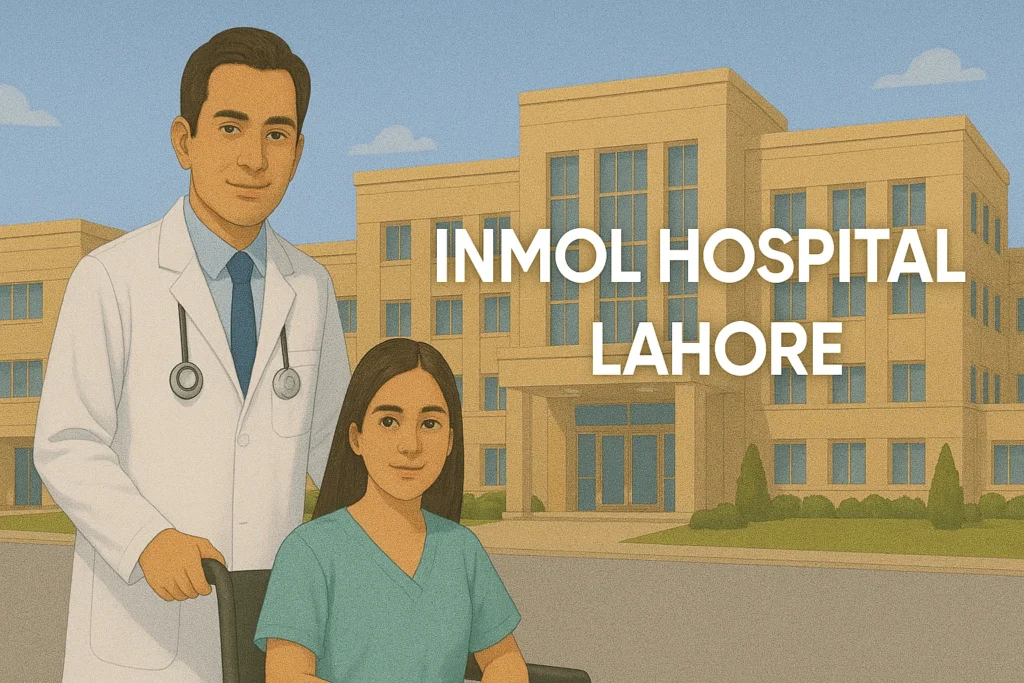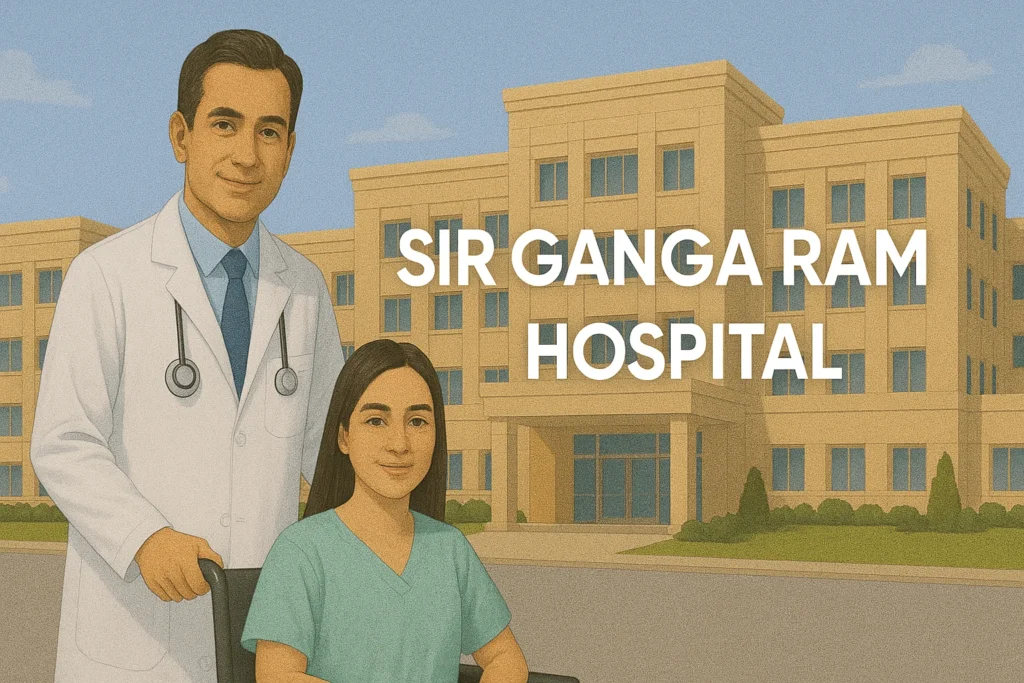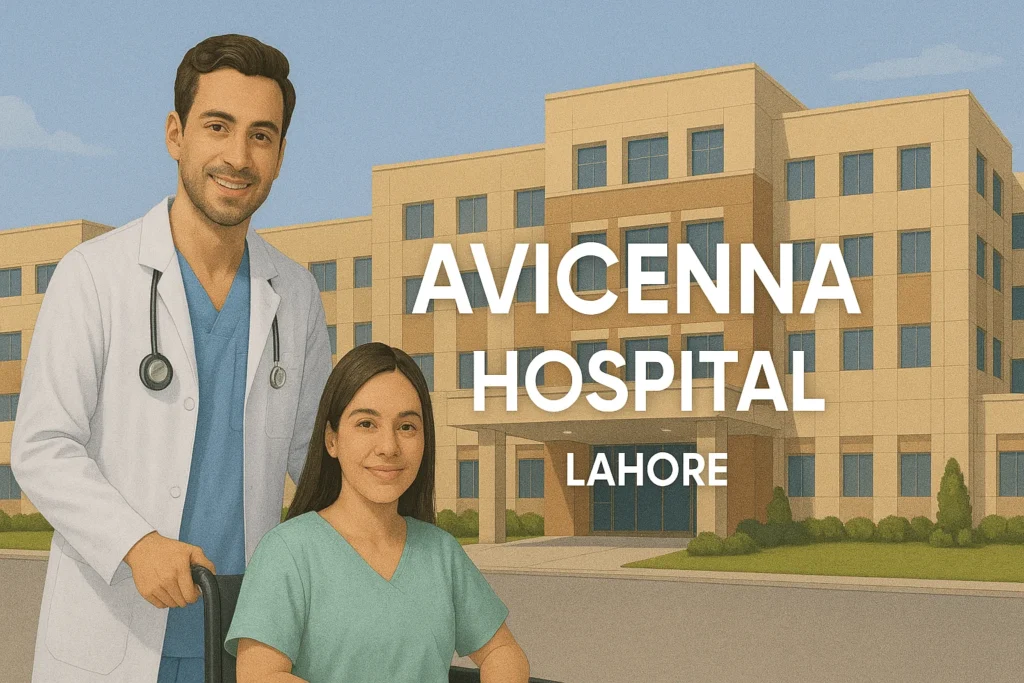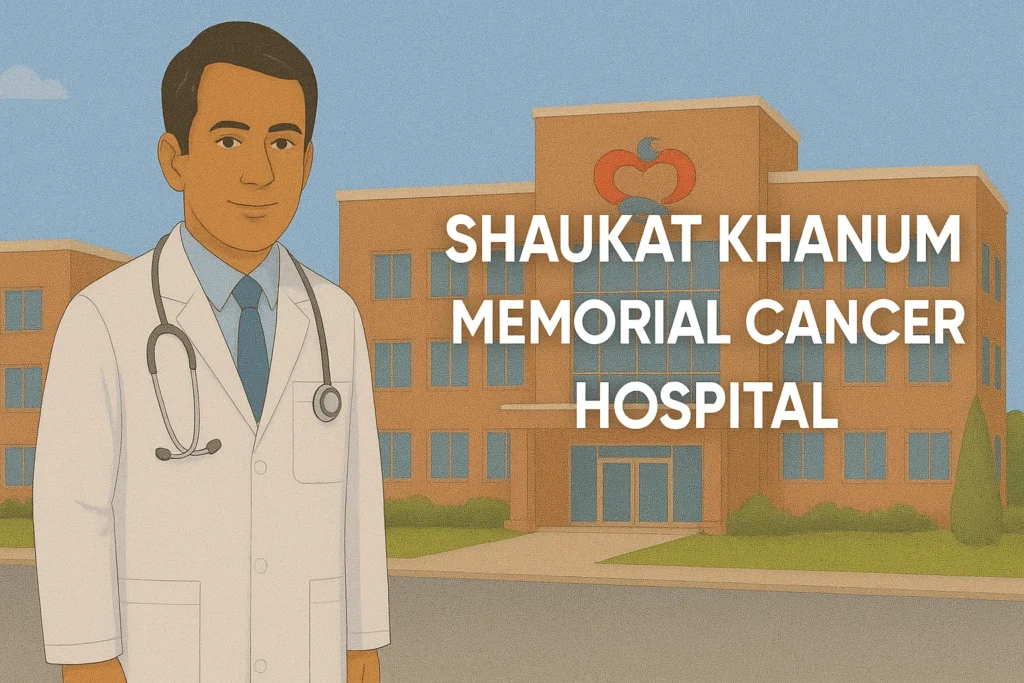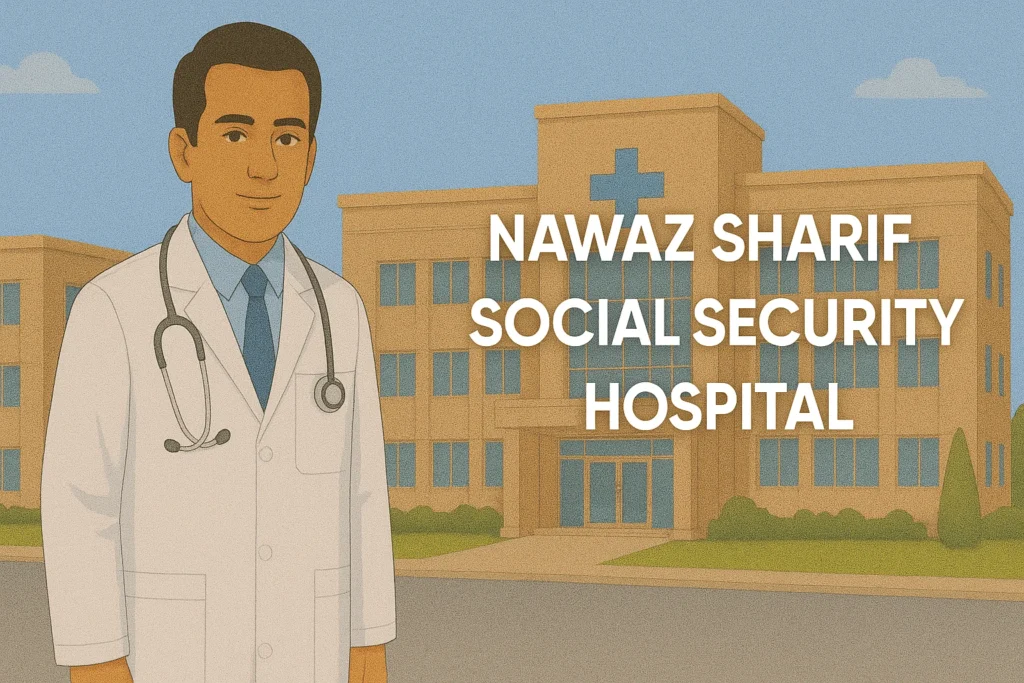Overview & Mission
The National Institute of Health (NIH) in Islamabad is the country’s foremost public health institution, operating under the Ministry of National Health Services. NIH is tasked with disease surveillance, outbreak response, research, vaccine regulation, and training—playing a central role in protecting national health.
🧬 Core Functions & Specialties
- Disease Surveillance & Epidemiology (national monitoring programs)
- Outbreak Investigation & Emergency Response (cholera, dengue, CCHF, polio)
- National Immunization Technical Advisory support & vaccine regulation
- Diagnostic Lab Services: Virology, Microbiology & Molecular Testing
- Vaccine Quality Control & Lot Release Authority
- Bio-Safety and Public Health Research
- Health Policy, Standards & Guidelines Development
- Training & Capacity Building: EPI, lab personnel, public health professionals
🏗️ Infrastructure & Facilities
- Central Biosafety Level (BSL) 2 and 3 laboratories
- National Reference Labs for poliovirus, influenza, hepatitis, and COVID-19
- Cold chain vaccine warehouse and GMP-compliant storage
- Field epidemiology training unit with surveillance data center
- Training auditoriums, seminar halls and e-learning facilities
- Dedicated outbreak response unit with mobile lab capability
🎓 Training & Research Programs
- Postgraduate fellowships in epidemiology, virology and public health
- Field Epidemiology Training Program (FETP) in collaboration with CDC and WHO
- Short courses & workshops: biosafety, outbreak management, vaccine handling
- Clinical and public health research with peer-reviewed publications
- Collaborative projects with WHO, CDC, UNICEF, and global health agencies
💳 Access, Authority & Public Engagement
- Not a general hospital—no OPD or inpatient services for public
- Diagnostic labs serve public institutions, but require formal referrals
- Official contact via Ministry channels or designated public health labs
- Emergency response undertaken through government mandates (e.g., polio), not walk-ins
🕒 Operational Units & Contact
- Office Hours: Monday–Friday, 8:00 AM – 4:00 PM (administrative)
- Lab Operations: As per testing schedule or outbreak response needs
- Training & Seminars: Scheduled throughout the year
- Location: Chak Shahzad, Islamabad
- Contact: NIH’s official helpline and institutional email
📌 Frequently Asked Questions (FAQs)
Is NIH a hospital where patients can go?
No. NIH is a public health institute and national laboratory; it does not provide outpatient or inpatient hospital services.
Can the public access lab tests at NIH?
Yes, but only via formal referral from government hospitals or health programs. Direct walk-in testing is not available.
Does NIH handle outbreak response?
Absolutely. NIH leads national responses to epidemics like dengue, polio, cholera, and CCHF with epidemiological teams and mobile labs.
Is NIH involved in vaccine regulation?
Yes. It’s responsible for regulating vaccines, approving lot releases, and ensuring quality control before national use.
Can students or professionals receive training at NIH?
Yes. NIH conducts fellowships, certificate courses, Field Epidemiology Training Programs, and workshops for health professionals.
Is NIH involved in research?
Yes. It undertakes public health research, biosafety studies, and academic publications, often collaborating with national and international agencies.
How can I contact NIH for public health queries?
Contact NIH through the Ministry of National Health Services helpline or official institutional email for programmatic or referral inquiries.
Does NIH share health data with the public?
Yes. It publishes surveillance reports, vaccine coverage data, and disease alerts as part of its public health mandate.
📝 Summary
The National Institute of Health in Islamabad plays a critical public health and research role, safeguarding Pakistan through disease surveillance, outbreak response, vaccine regulation, and professional training. Although it’s not a care hospital, its national-level programs and research activities are vital to the country’s health security.
